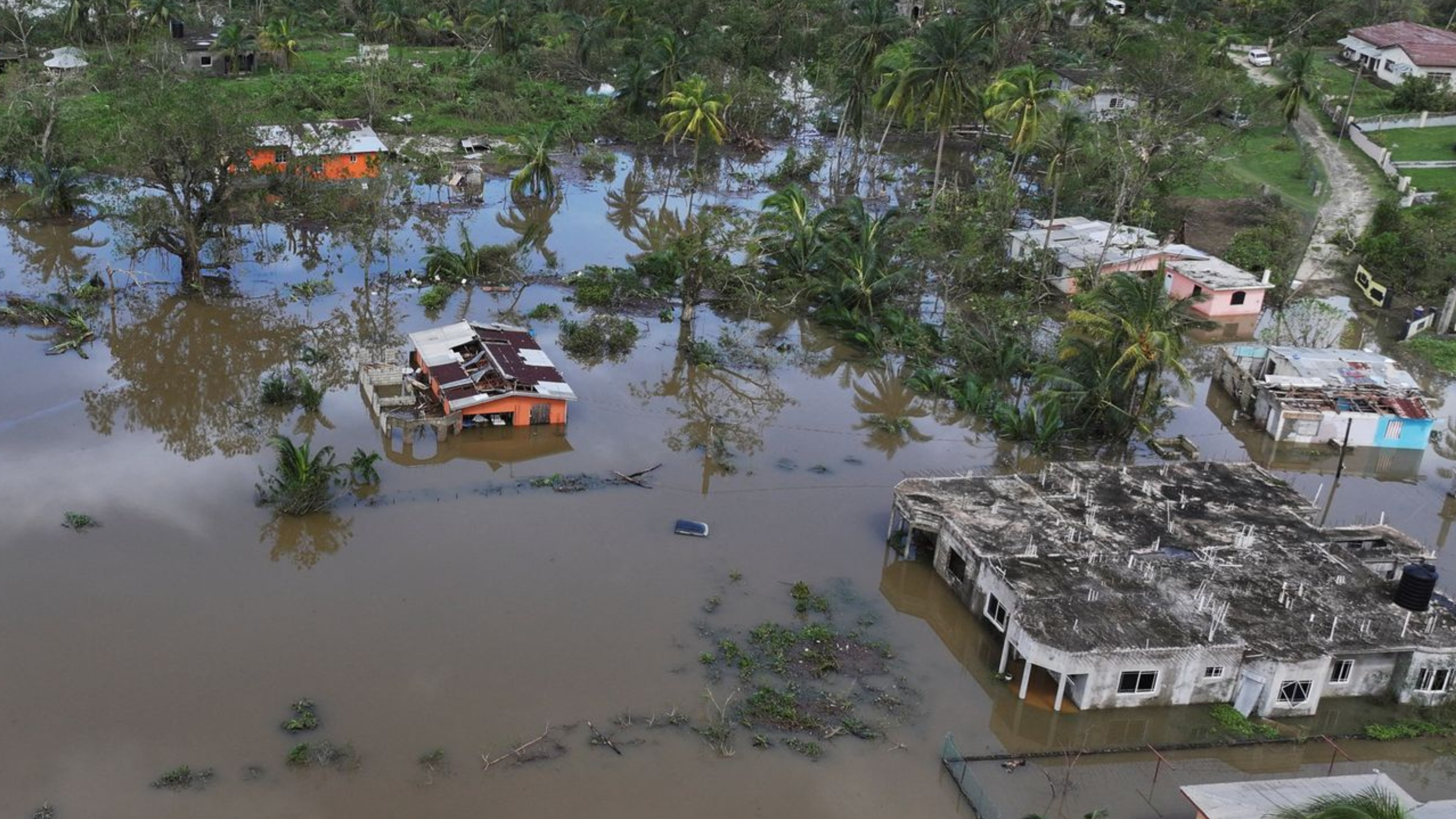When Hurricane Melissa tore through Jamaica this October, it didn’t just test our strength as a nation—it also tested one of Jamaica’s financial safety nets: the catastrophe bond, or “cat bond” for short.
You might’ve seen people online talking about investors “losing millions” or the Government getting a big payout. But what exactly is this cat bond—and how does it help Jamaica after a disaster like Melissa?
Let’s break it down in plain language.
What’s a Cat Bond?
Think of it like this: a cat bond is hurricane insurance, but on a much bigger scale.
Instead of paying a regular insurance company, Jamaica worked with the World Bank to sell a special kind of bond to global investors.
- Investors lend money to Jamaica for a few years and earn interest—kind of like how you’d earn interest from a bank or a government bond.
- If no major disaster happens, investors get their money back plus the interest.
- But if a powerful hurricane hits—like Hurricane Melissa did—and the damage meets certain conditions, Jamaica keeps the money to rebuild, and the investors lose their funds.
So, it’s a win-win trade-off: Jamaica gets fast recovery money if disaster strikes, and investors earn high returns if things stay calm.
How It Helped Jamaica After Melissa
Jamaica’s cat bond was worth US $150 million (about J$24 billion). Once Hurricane Melissa hit the island as a powerful storm, the bond “triggered.” That means Jamaica should receive the payout to help with immediate relief and rebuilding.
But here’s the catch—the total cost of the damage is likely in the billions of U.S. dollars, so while the cat bond helps, it can’t cover everything. It’s like getting a lump-sum insurance payout that helps you start rebuilding, but you still have to find other ways to recover fully.
Why It Matters for Regular Jamaicans and the Diaspora
You might be thinking, “Mi can’t buy no cat bond—so how this affect me?”
Here’s why it matters:
- It shows how Jamaica plans for risk.
Just like how you buy life or home insurance, countries also protect themselves financially. Understanding this helps you see how Jamaica’s economy builds resilience after big shocks. - It’s a lesson in investing and risk.
Cat bond investors get high returns—sometimes 7% or more. But that’s because they’re taking on high risk. Once disaster hits, they can lose it all.
That’s a simple rule every investor should remember: Higher returns always come with higher risk. - It affects the wider economy.
After a storm, quick access to money helps the government rebuild faster, keep businesses open, and support recovery. That stability can also help protect the value of your investments, real estate, or business back home.
The Bigger Message: Build Wealth Like You Build Storm Protection
The same way the government plans ahead with a cat bond, you need to plan ahead with your personal financial safety net.
Here’s how you can do that:
- Have an emergency fund. Start with saving 3–6 months of your living expenses.
- Insure your assets. From your home to your business, make sure you’re covered.
- Diversify your investments. Don’t put everything in one place—spread your money across different assets, currencies, and markets.
- Stay informed. Understand the risks that come with every investment opportunity.
Because whether it’s a hurricane or an economic storm, the key to wealth is preparation, not panic.
Bottom Line
Hurricane Melissa was a reminder of how fragile life—and money—can be. But it also showed how smart financial planning, even at a national level, can help rebuild faster and stronger.
So as Jamaica rises again, take a page from the country’s playbook: plan for the unexpected, protect your assets, and keep building—because true wealth is about resilience, not just riches.



